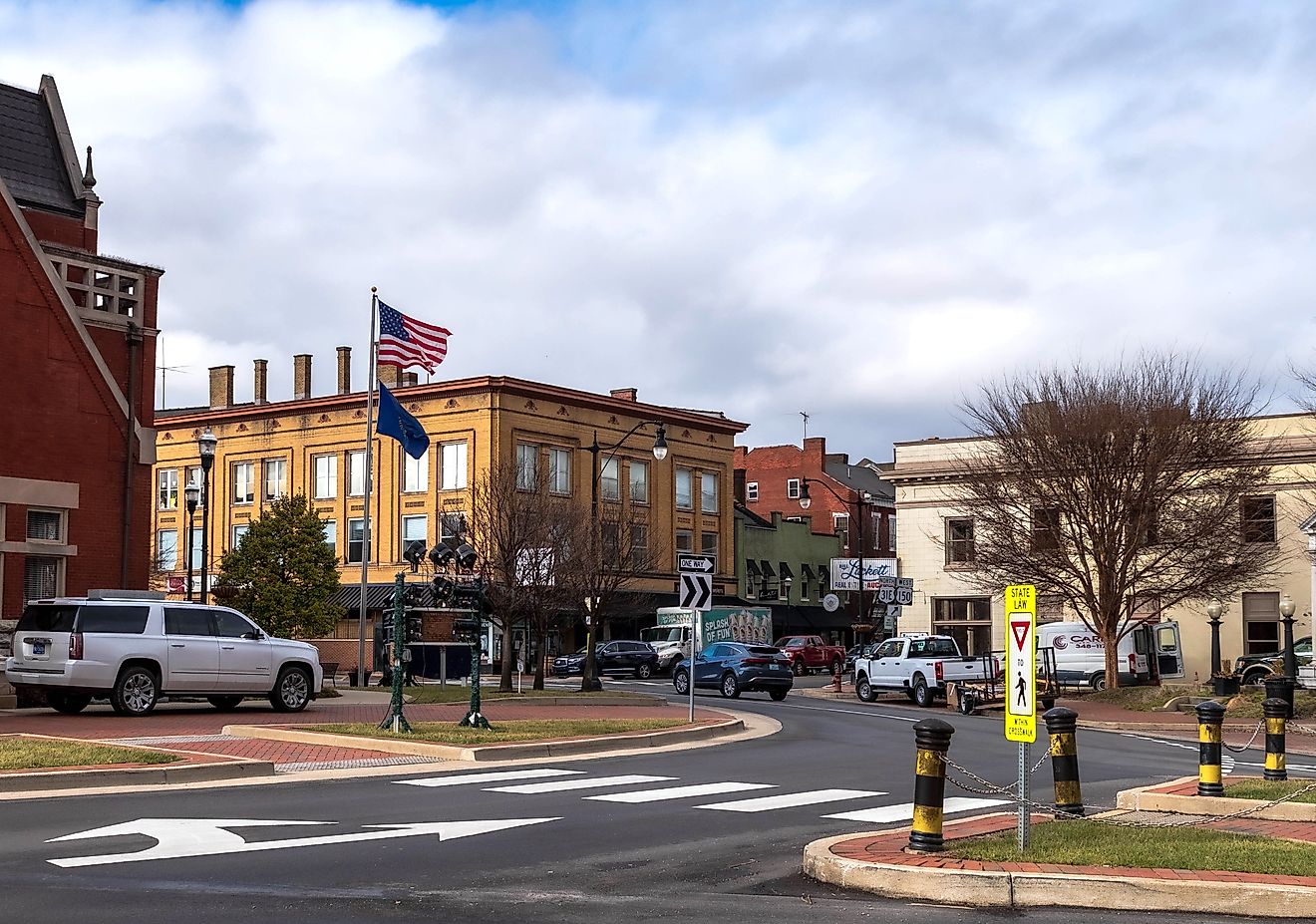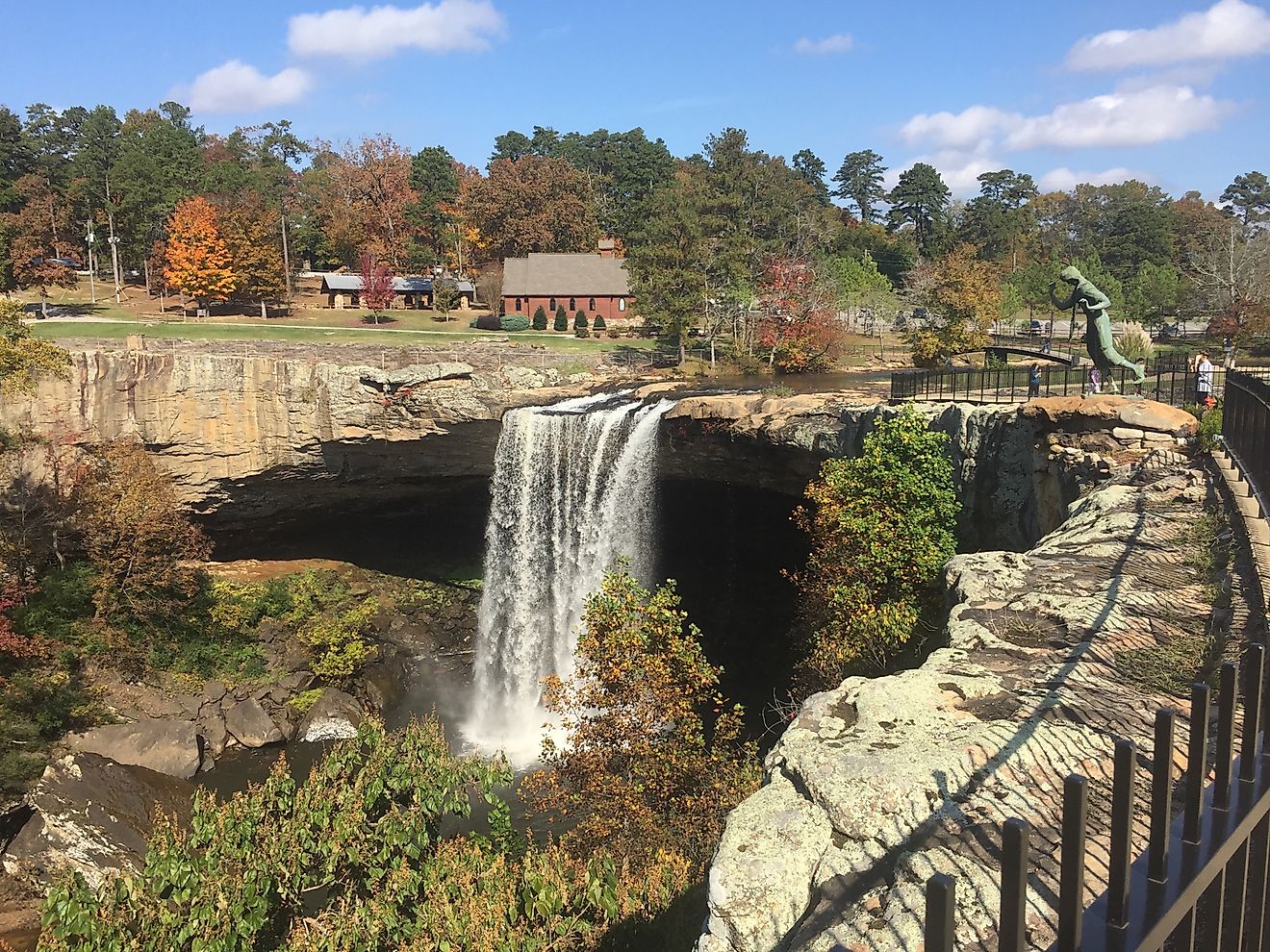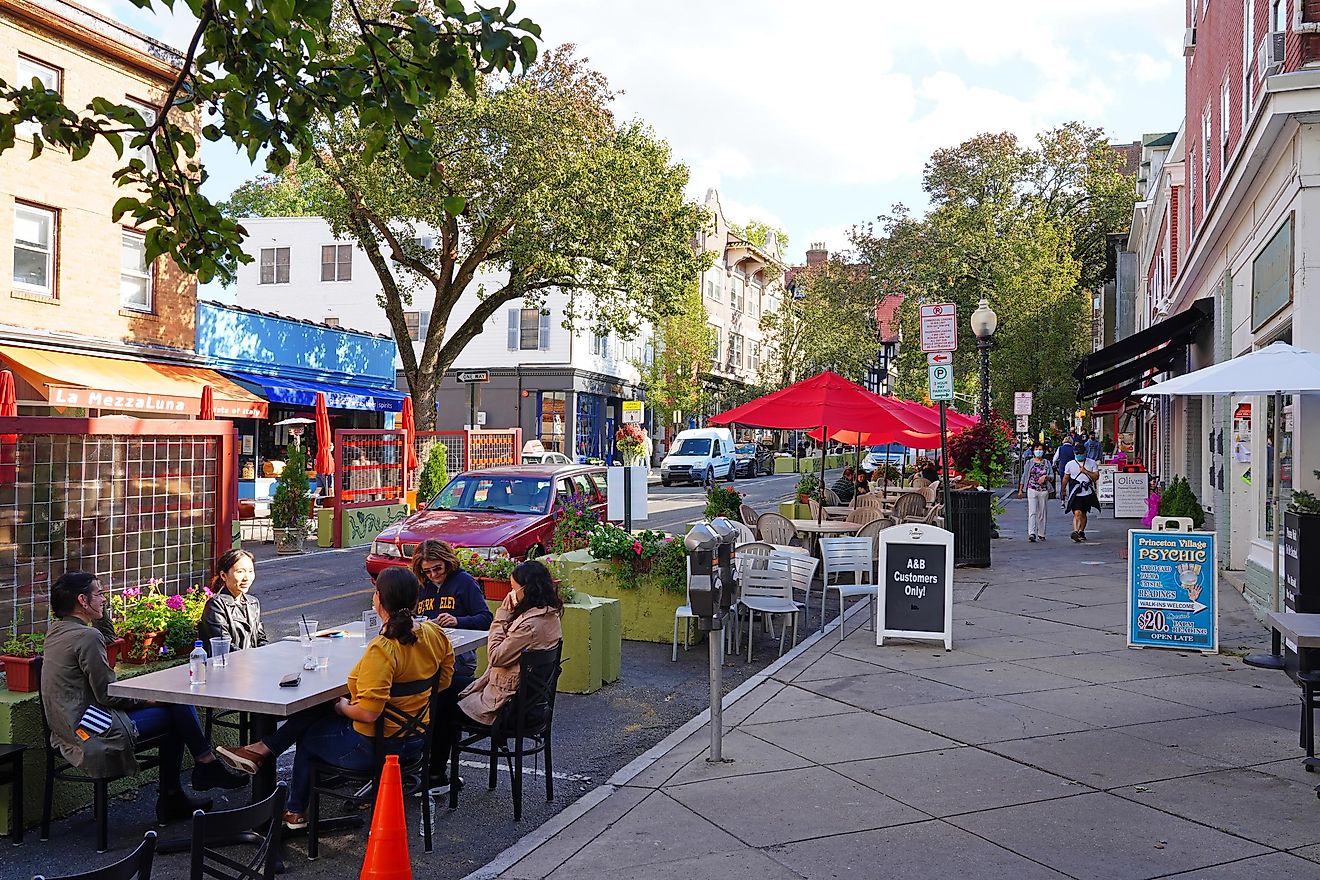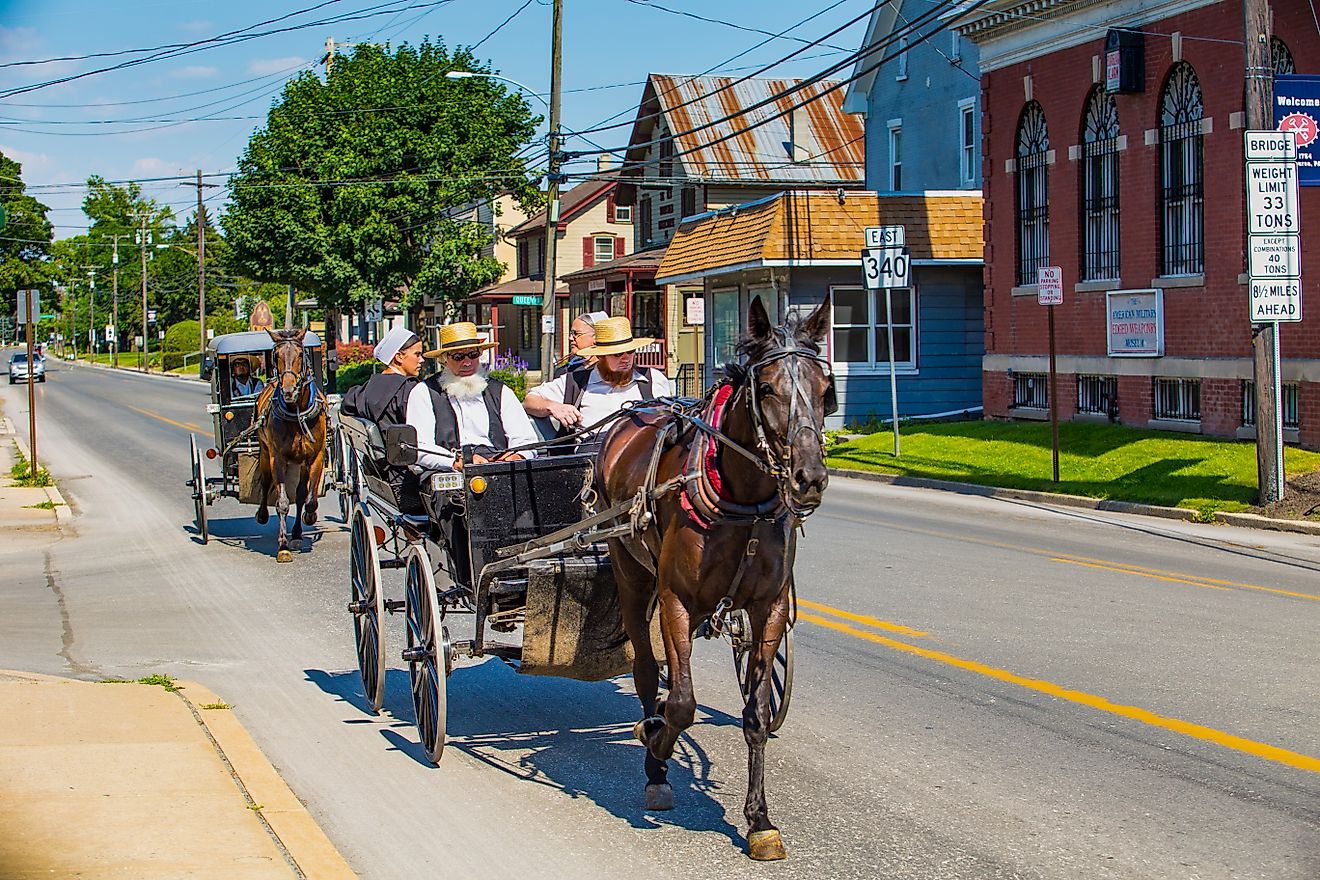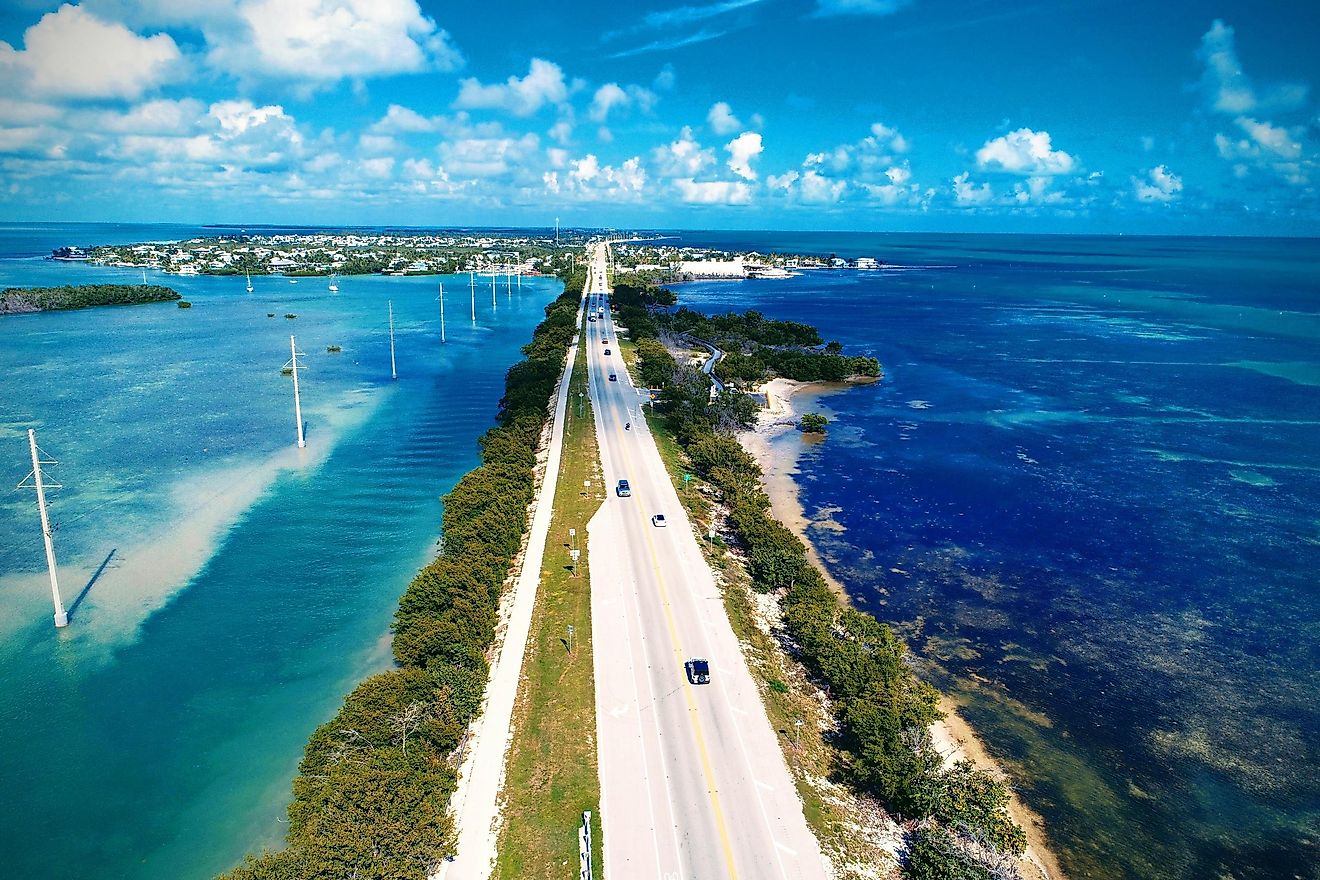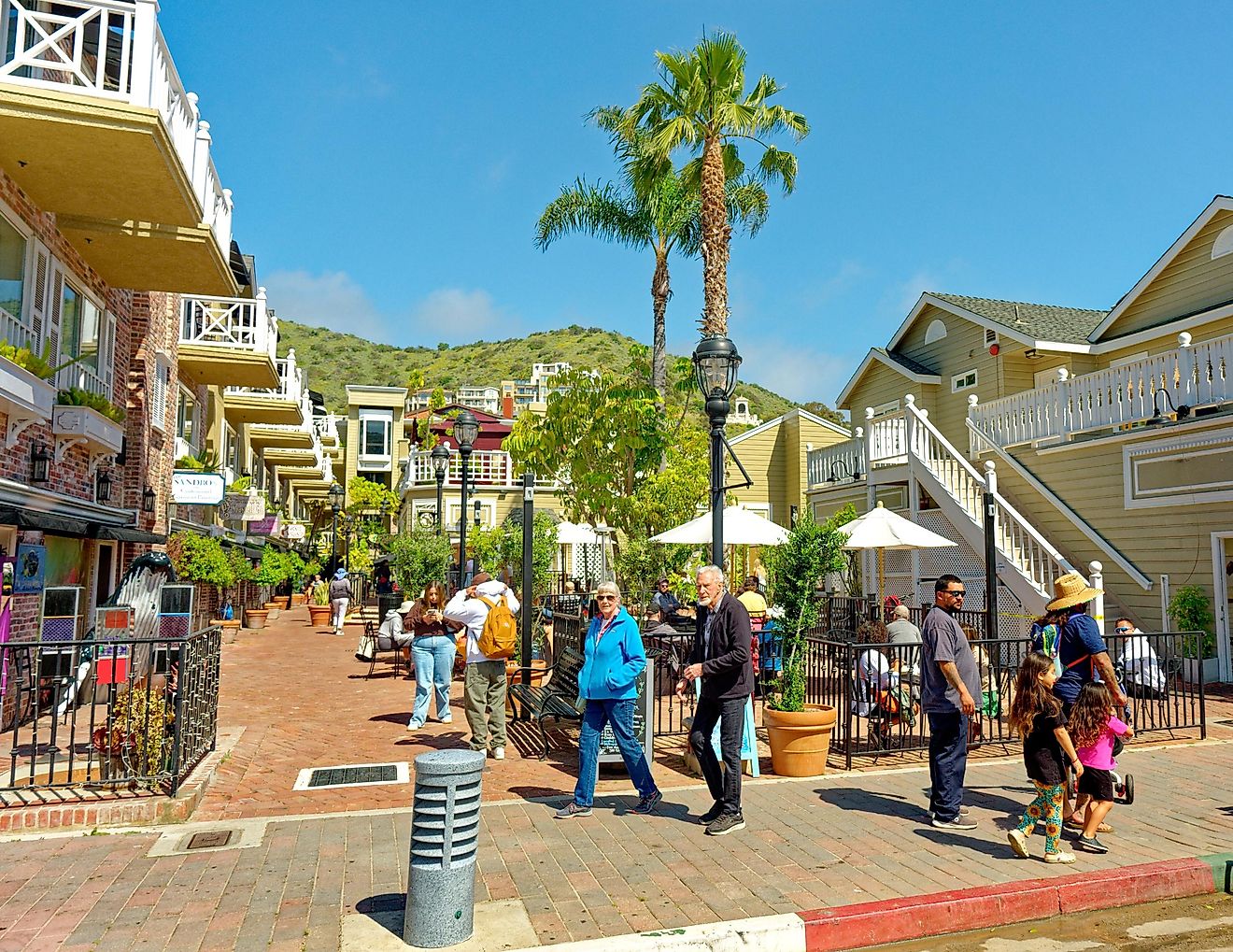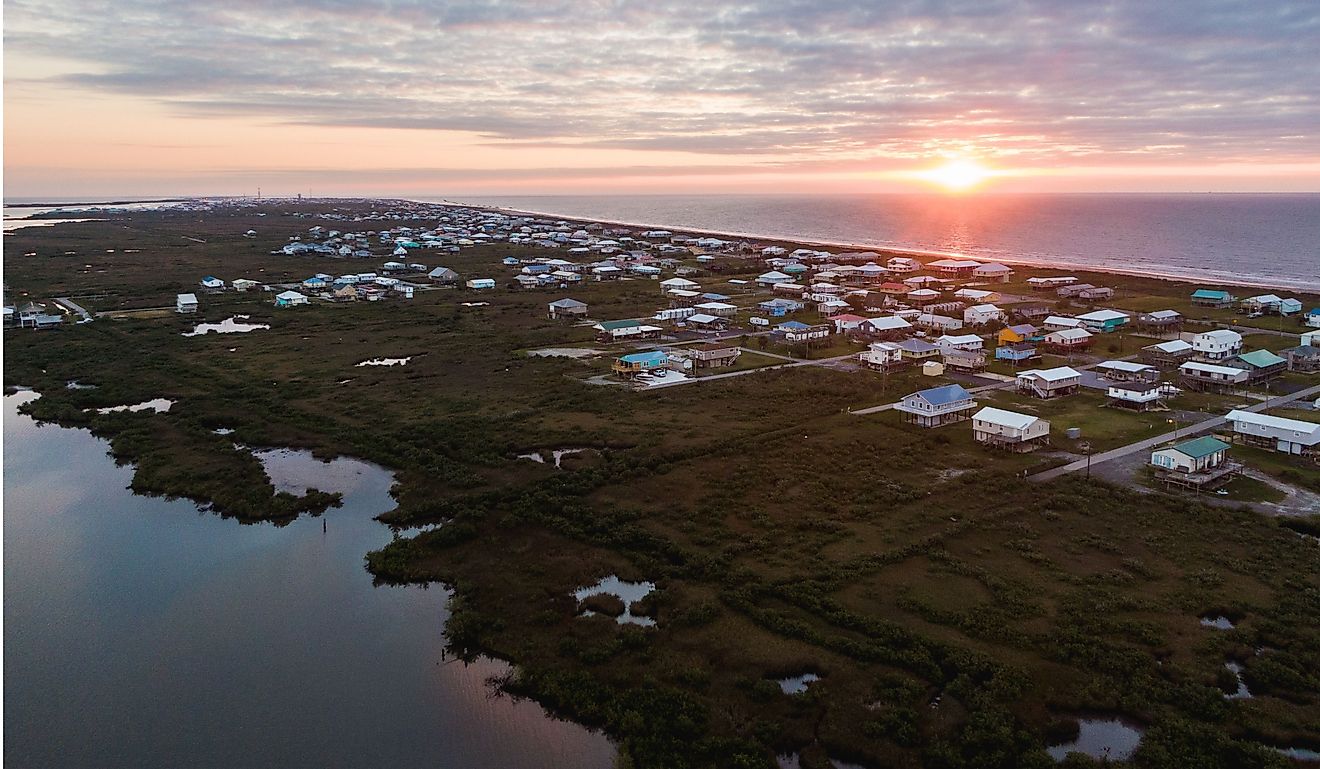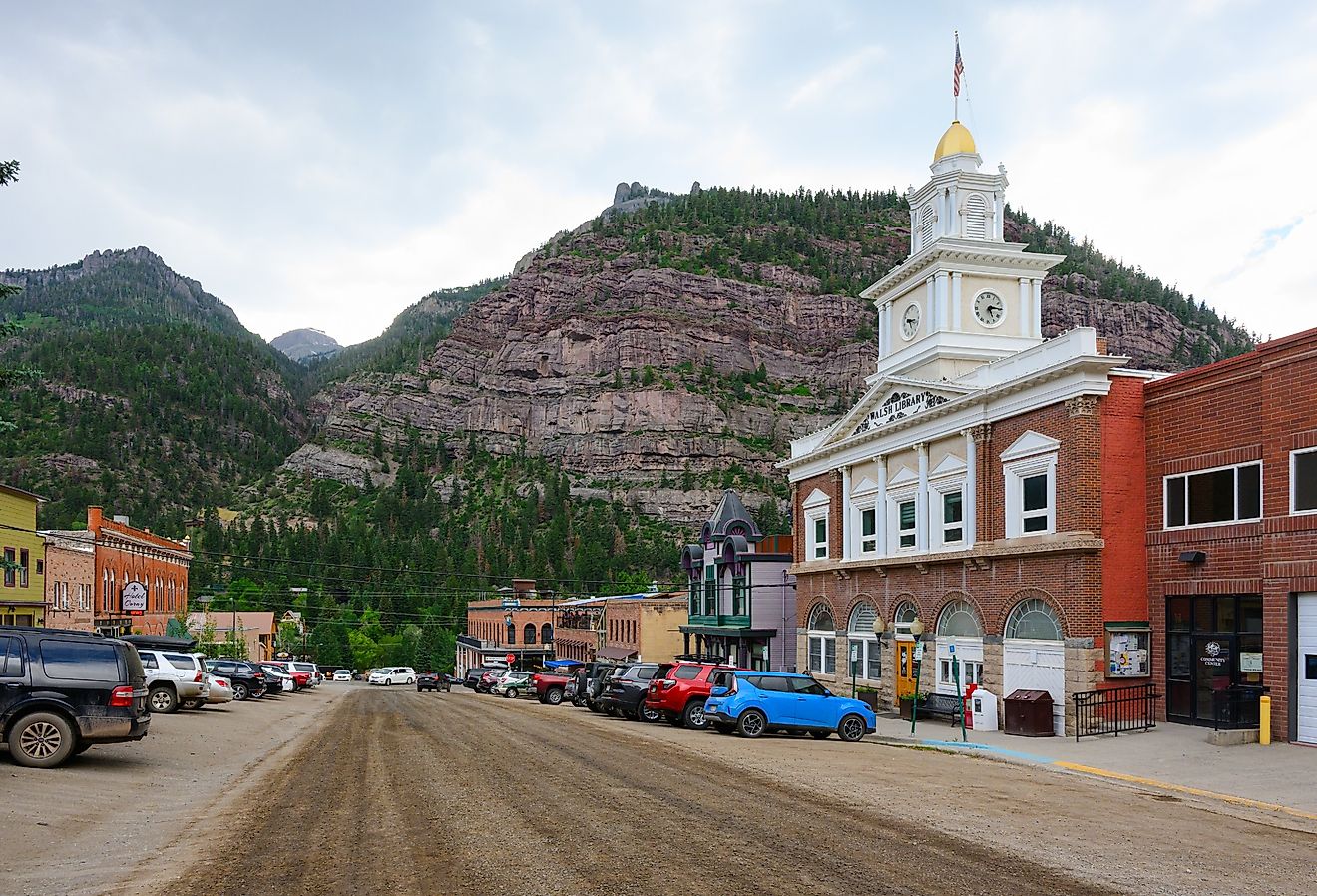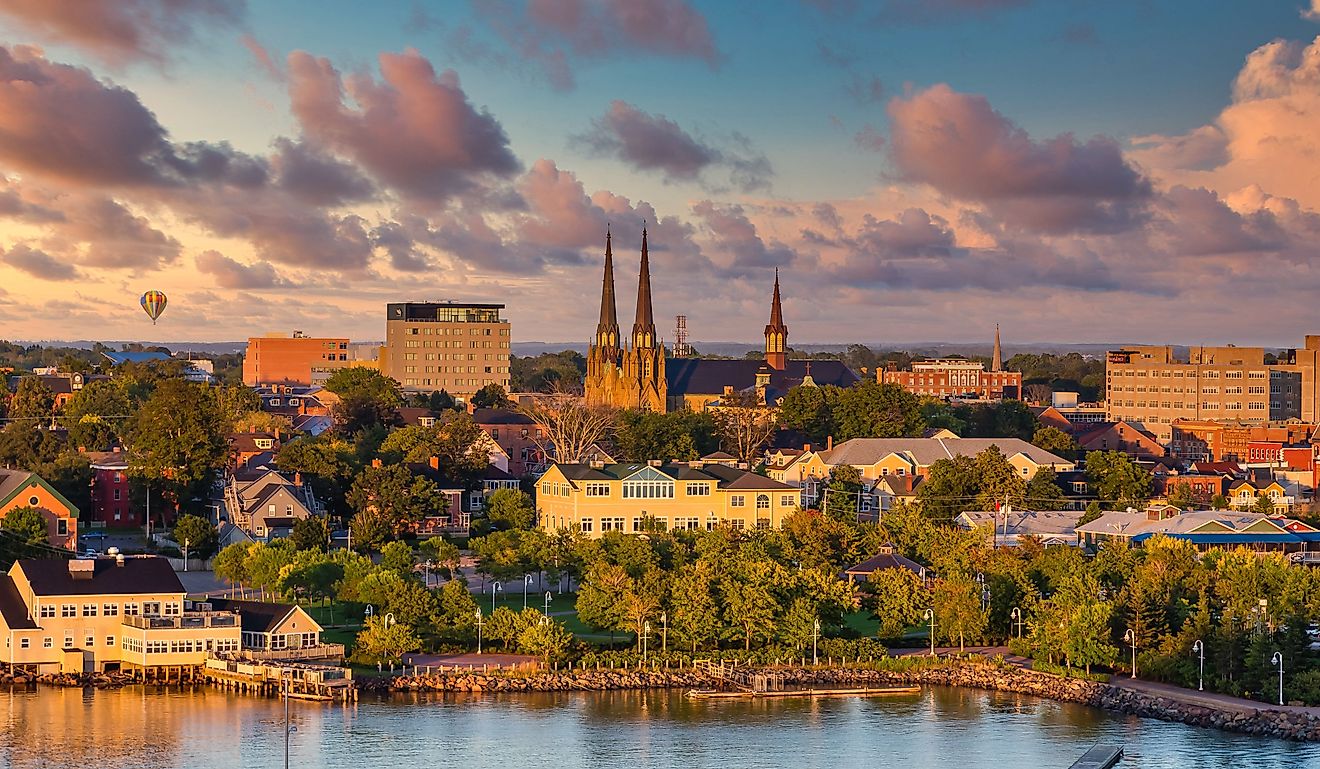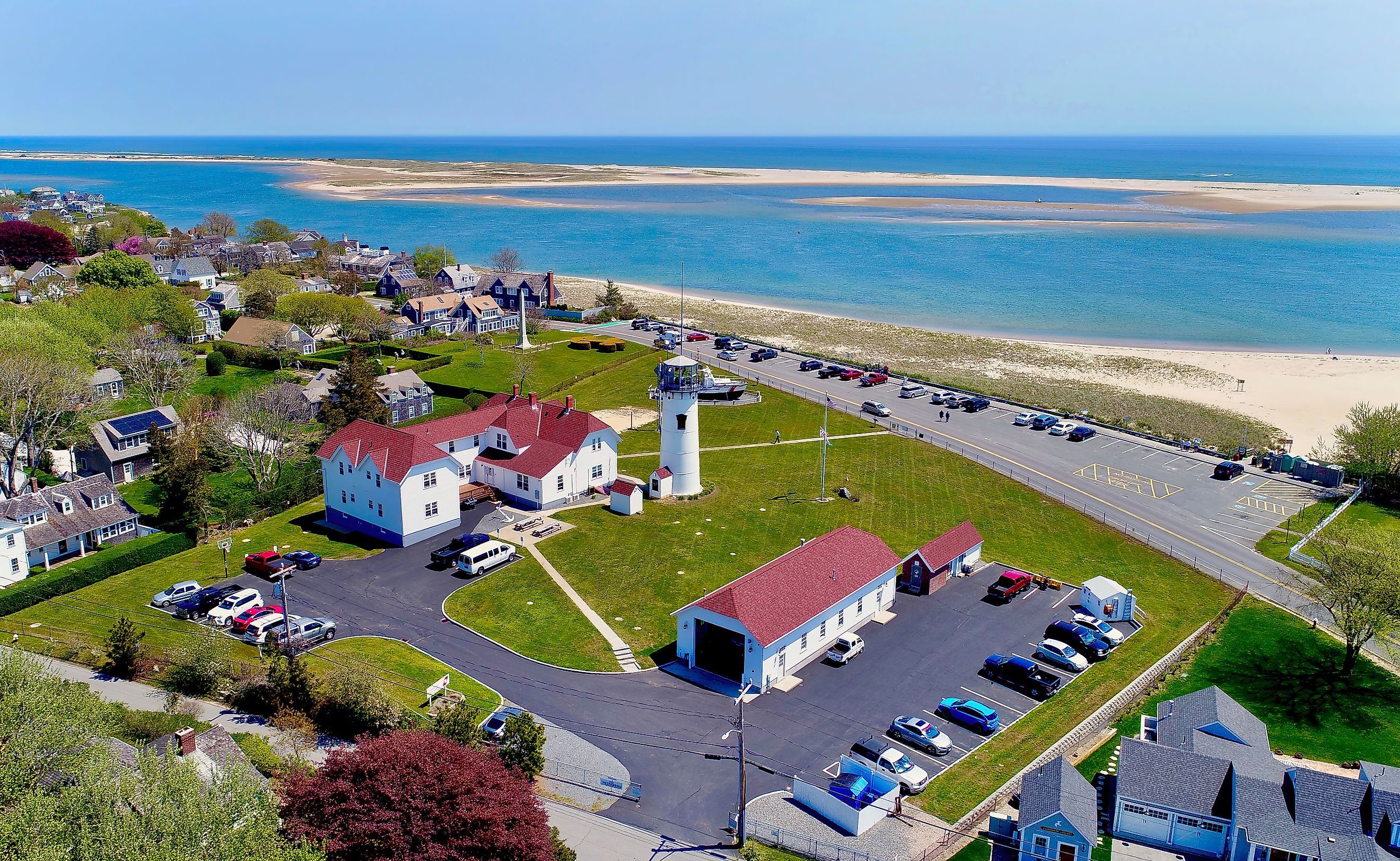
These Small Towns on the Atlantic Coast Have The Best Historic Districts
The Atlantic's name was seeded by the Greek mythical titan Atlas, who is commonly depicted hefting the planet on his back. Readers of Homer's "The Odyssey" still identify with the ancient character, and thus the ocean, being the effective border between the heavens and Earth. Let the two great domains blur on a tour of America's most historic Atlantic Coast towns. Enjoy this greatest hits list of the National Register of Historic Places in the best historic districts. Atlas awaits.
Camden, Maine

Camden, a charming coastal town on Penobscot Bay in Maine's Knox County, has a population of around 4,850 people who love the tiny hub of culture they have built into such a historic setting. The Camden Public Library and several other buildings in the town's High Street Historic District are listed on the National Register of Historic Places. Hike the trails at Camden Hills State Park as high as possible to reap the panoramic view as a reward. Curtis Island and its 1830s-era lighthouse will appear as tiny 3D-printed toys. Check ahead for programming at the wonderfully restored Camden Opera House, originally built in 1893 following the town's Great Fire a year before.
Mystic, Connecticut

Mystic became a major shipbuilding port in the 1780s. Today, the town, located along the estuary of the Mystic River, has a population of 4,300. The town has seamlessly adapted its modern lifestyle to the bones of its well-preserved historic town. Find some cider or jam at BF Clyde's Cider Mill, which opened in 1881. It is the oldest steam-powered cider mill in the country. Climb aboard Captain Eric's antique picnic boat for a morning or sunset cruise down the Mystic River. Mystic River Cruises offers views of Mystic's historic district, the drawbridge, and the Seaport Light. Also, trek out to Whittle's Farm for a world-class pumpkin patch.
Cape May, New Jersey
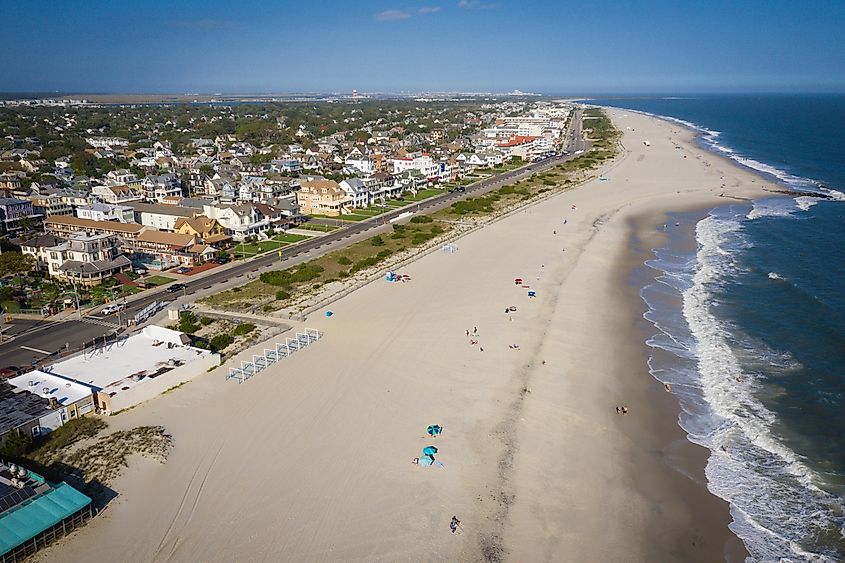
Dotting the southernmost tip of the Cape May Peninsula, the resort town of Cape May, New Jersey, has a long history of tourism. A trolly tour of the town's natural and historic assets is a quick, fun way to learn the layout. The town's WWII naval lookout tower was built within weeks in 1942. The tower is a museum today, replete with photos of veterans. It is on the National Register of Historic Places. Be sure to take a guided tour of the first and second floors of the 1879 Physick House, an 18-room Victorian mansion designed by American architect Frank Furness. The KARA Restaurant Group offers a dinner and brunch menu on the historic premises. Reservations can be made online.
Ocracoke, North Carolina

Explorer John White's exploits led to Ocracoke being added to a European map of the area in 1585. Today's Ocracoke, located at the southern end of an island of the same name, is part of North Carolina's Outer Banks. The Ocracoke Historic District was added to the National Registry of Historic Places in 1990. Fans of late Victorian and American Craftsman styles of architecture can see and touch what can only usually be glimpsed in paintings. The Ocracoke Light Station is the oldest operating lighthouse in North Carolina. The Captain's Landing Waterfront Inn matches the town's aesthetic. Its design was greatly informed by the Ponzer Hotel, which was a fixture in downtown Ocracoke in the 19th century.
Newport, Rhode Island

The coastal town of Newport on the Narragansett Bay in Rhode Island's Aquidneck Island is brimming with history. Information on visiting the iconic Breakers Mansion and three other properties can be found on the Preservation Society of Newport County's website. Newport has a population of about 25,000 who enjoy the history leftover from their town that was founded in 1639. The Newport Sailing Museum dissects the experience of sailing in multiple maritime eras for the layperson. Newport's 3.5-mile Cliff Walk is the perfect dose of salty air after a decadent meal at Root, a plant-based restaurant.
Chatham, Massachusetts
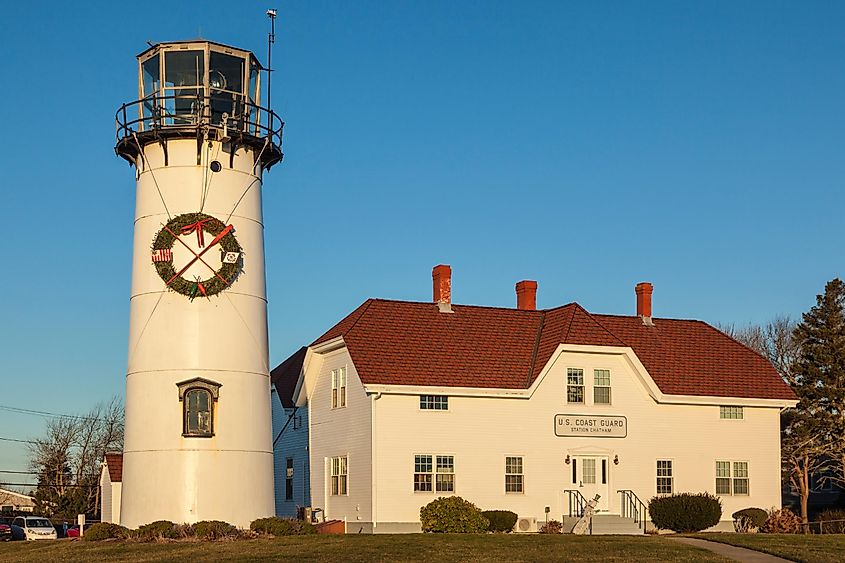
The first stop in this gem of a town in the Cape Cod peninsula is the Chatham Railroad Museum, located in a former train depot that was built in 1887 in the Railroad Gothic architectural style. The museum features model trains, a range of rail artifacts, and a 1910 caboose that traveled over 1 million miles between New York and Chicago. Chatham is rife with artifacts; the town was incorporated in 1712. Do not forget to visit Chatham's Shark Center, operated by the Atlantic White Shark Conservancy. For a deeper dive into Chatham's history, visit the Atwood Museum before it closes for the season. The museum's website notes that they open off-season for special events.
Tybee Island, Georgia
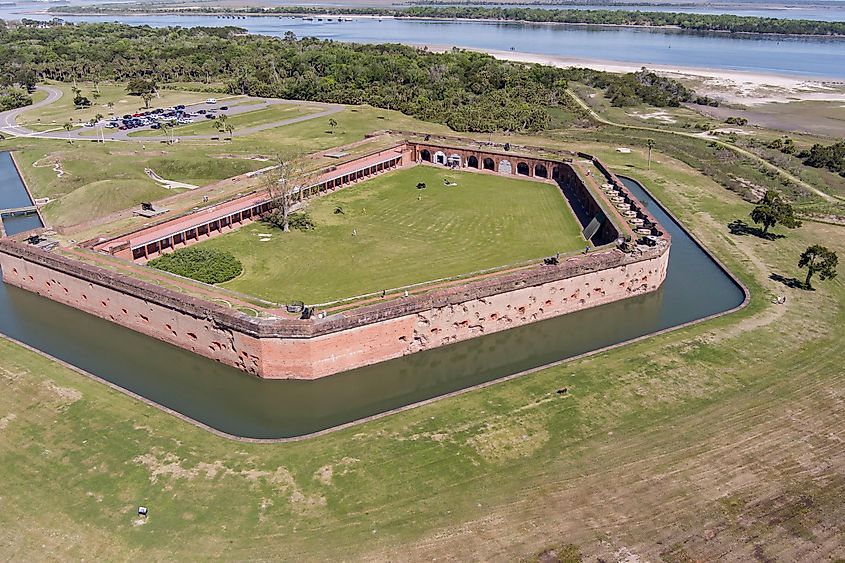
Tybee Island, Georgia, is a piece of land with a modest population of 3,100 and a whole lot of history. The 1736-era lighthouse was partially rebuilt after Confederate troops set fire to it in 1861. Nearby Fort Pulaski is very well preserved, perhaps because it saw little conflict during the Civil War besides a 30-hour skirmish, after which it was used to house captured Confederate soldiers. Camping is allowed on the Georgia-owned Little Tybee Island just to the South of regular-sized Tybee. Grab a cone from Ben and Jerry's and stroll through a collage of multi-colored, ground-level businesses, the salt air churning freshly woven memories.
The entire world is connected by ocean. The legacy of human involvement in the Atlantic has very bright and very dark moments. Whilst traveling, help undo a legacy of ecological harm by picking up trash on beaches. Consider donating to the Global Sea Turtle Network. Sea turtles have a surprisingly vast range that reaches further into the North than most people realize. Help their diminishing populations bounce back by reporting sightings of eggs on beaches and by reducing the usage of temporary plastic packaging.
